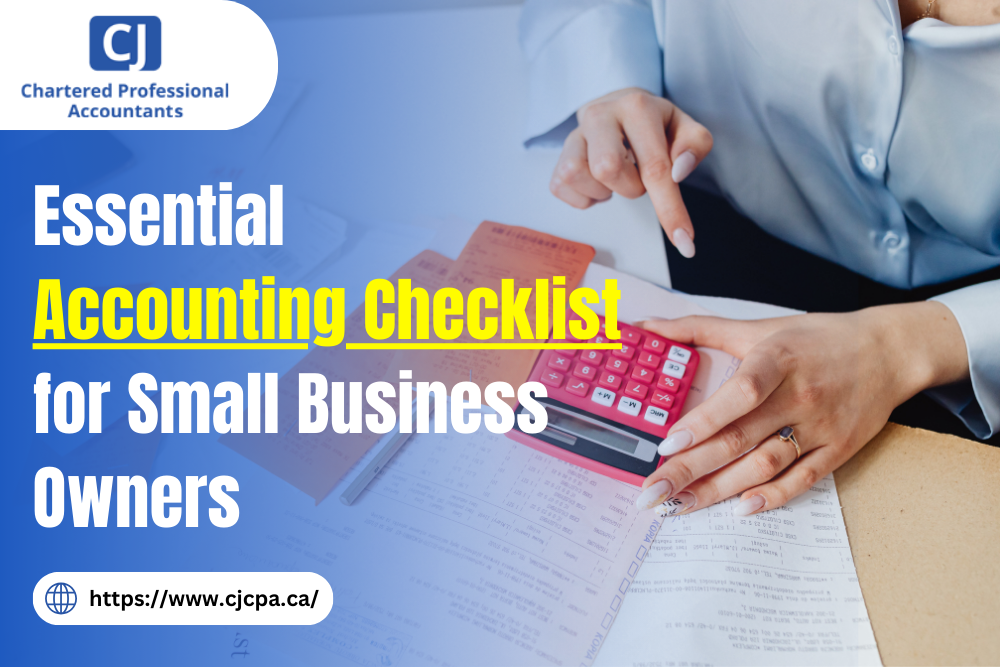5 Questions To Ask Accountant When Starting a Business
Stay updated with current accounting standards, business compliance, tax preparation tips, and latest news.

15 Sep 2025
Starting a new business is exciting but it also comes with challenges that go far beyond just selling your product or service. Financial setup, tax obligations and compliance can make or break your success. That’s why one of the smartest moves you can make is asking the right questions to an accountant when starting a business.
An experienced accountant does more than crunch numbers, they help set the foundation for long-term growth and protect you from costly mistakes.
TLDR
What questions should you ask an accountant when starting a business? Start by asking which business structure is right for you, since this impacts taxes and liability. Next, clarify your tax obligations so you know what to file and when. It’s also important to ask how to set up bookkeeping and manage cash flow from day one to avoid money troubles later. It’s also crucial to separate personal and business finances from day one to keep records clean and simplify tax filing. Finally, ask how an accountant can support your business beyond taxes such as financial planning, budgeting and growth strategies. Getting clear answers to these five questions will help you build a strong foundation for your business.1. What’s the Best Legal Business Structure for Me?
One of the first decisions you’ll face is choosing between sole proprietorship, partnership, or corporation. Each has different implications for taxes, liability and long-term planning.- Sole proprietorship – Easy and inexpensive to set up but you’re personally liable for all debts.
- Partnership – Shared liability and responsibility but disputes can complicate operations.
- Corporation – Limited liability and possible tax advantages but comes with more paperwork and costs.
2. What Taxes Will I Need to Pay and When?
Tax compliance is often where new business owners stumble. Depending on your revenue and activities, you may need to:- Register for GST/HST.
- File payroll deductions if you have employees.
- Separate personal vs. corporate income.
- Meet specific CRA filing deadlines.
3. How Should I Manage My Bookkeeping and Cash Flow?
Bookkeeping may seem small at first but it’s the backbone of your financial health. Proper systems allow you to track expenses, monitor invoices and forecast your cash flow. When you ask an accountant about bookkeeping while starting a business, they can help you decide:- Which accounting software to use.
- Whether to handle bookkeeping in-house or outsource it.
- How to set up cash flow systems that prevent sudden shortages.
4. How Do I Separate Personal and Business Finances?
One of the most common mistakes new entrepreneurs make is mixing personal and business finances. This complicates bookkeeping, blurs tax deductions and creates unnecessary risks. An accountant can guide you to:- Open a dedicated business bank account.
- Set up a clear system for expense tracking.
- Use business credit responsibly to build your business credit profile.
5. Can Accountants Help Beyond Taxes and Compliance?
Yes, they’re more than tax preparers. Accountants can:- Build financial forecasts and budgets.
- Guide you in securing financing.
- Advise on expansion or succession planning.
- Act as a trusted advisor for long-term business success.
When Do I Need an Accountant for My Business?
You may only need advice at the beginning, but as your business grows, ongoing support becomes essential. Typical signs it’s time to work with an accountant long-term include:- Hiring employees.
- Crossing new revenue thresholds.
- Applying for business loans.
- Navigating more complex tax situations.


